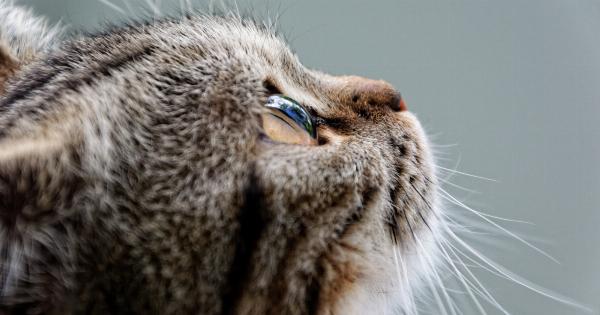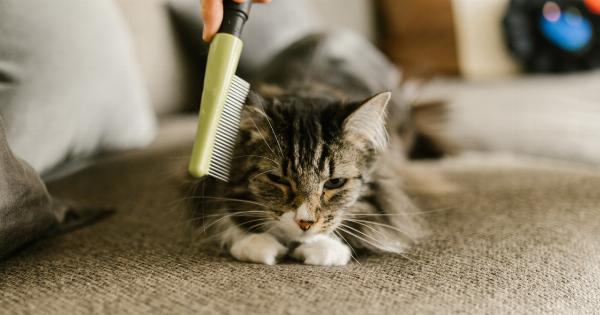As pet owners, it’s our responsibility to ensure our pets’ health and well-being are a top priority. Good pet care practices go beyond just feeding and providing shelter.
Essential pet care includes regular veterinary check-ups, exercise, proper grooming, and vaccinations.
Regular Veterinary Check-Ups
Just like humans, pets need regular check-ups to maintain good health and detect early signs of illness.
Annual check-ups allow your veterinarian to perform a thorough physical exam, update vaccinations, and check for common health problems such as dental issues and parasites. Additionally, if you notice any changes in behavior or appetite, schedule an appointment promptly.
Nutrition and Diet
Feeding your pet a balanced and nutritious diet is crucial to their health. This means choosing a food that satisfies their nutritional requirements as well as their personal preferences.
Overfeeding and underfeeding can lead to health issues such as obesity and malnutrition. Consult with your veterinarian to determine the best diet for your pet based on their age, breed, and activity level.
Exercise and Activity
Regular exercise is essential for a pet’s physical and mental health. Dogs, for example, require daily exercise to maintain healthy joints, muscle development, and weight management.
Playtime with toys and interactive games can keep both cats and dogs mentally stimulated and reduce stress levels. Be sure to provide your pets with plenty of opportunities for physical activity.
Grooming and Hygiene
Regular grooming practices can improve your pet’s overall health and appearance. Brushing fur, trimming nails, and cleaning ears can prevent infections and other health issues. For dogs, regular bathing can control fleas, ticks, and other irritants.
Dental hygiene is especially important in pets, as dental disease can cause infections and impact their overall health.
Vaccinations and Preventive Care
Vaccinations are one of the most important ways to prevent diseases and protect your pet’s health. Puppies and kittens require a series of vaccines in their first year of life, followed by booster shots throughout their lifetime.
Preventative care such as flea and tick medication, heartworm preventatives, and parasite control can also help keep pets healthy.
Training and Socialization
Proper training and socialization are crucial in building a positive relationship with your pet. Socializing your pet from an early age can help them adjust to different situations, people, and animals.
Training should be positive and encourage desired behaviors, such as potty training and obedience commands. In many cases, it may be beneficial to seek professional training or behavioral assistance.
A Safe Environment
Creating a safe environment for your pet is essential in preventing accidents and injuries. This includes ensuring fences and gates are secure, keeping harmful objects and substances out of reach, and providing comfortable and safe resting areas.
Pets should always wear identification tags and/or have a microchip in case they become lost.
Conclusion
Essential pet care practices are crucial to maintain your pet’s health and happiness.
Regular veterinary check-ups, a balanced diet, regular exercise, grooming and hygiene, vaccinations, training and socialization, and a safe environment are all important components of responsible pet ownership. By prioritizing essential pet care practices, you can provide your furry friend with a long and healthy life.





























